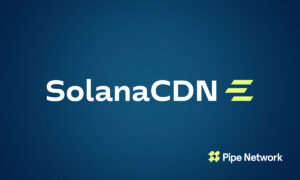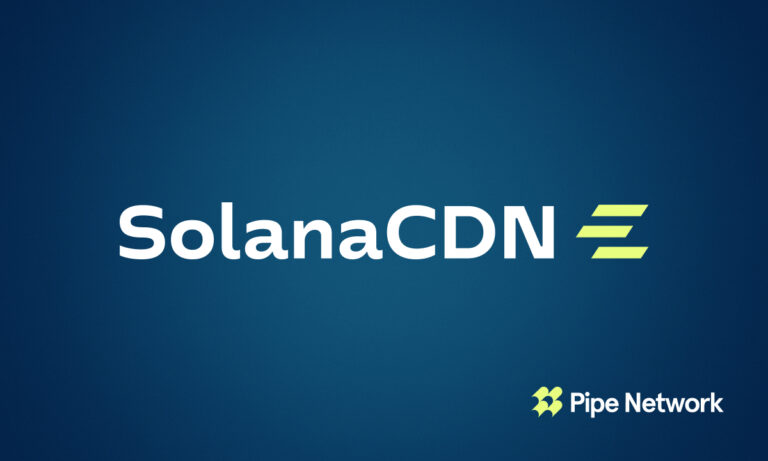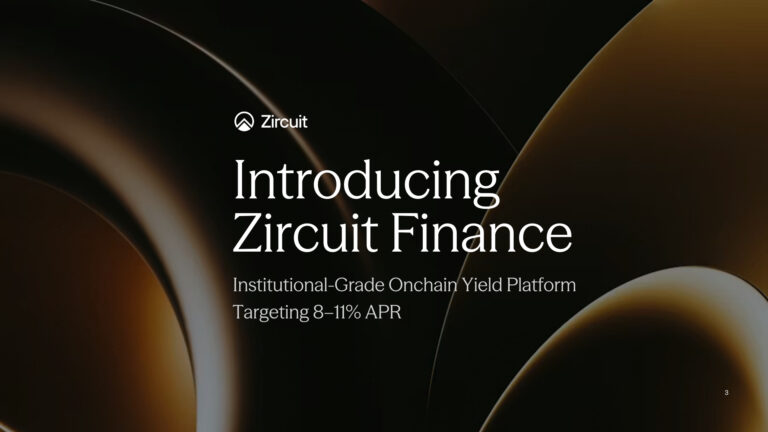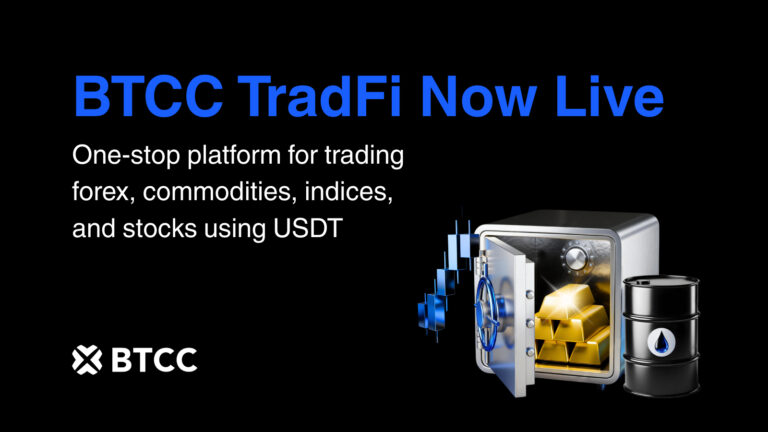
Antigua und Barbuda
Informationen zum Land
Weitere Informationen
Website
Extra Links
Soziale Medien & Nachrichten
Rangliste
Blockchain-Übersicht
Kategorie:
| Name | Kategorie |
|---|
Häufig gestellte Fragen
Description
Disclaimer: The regulatory information provided below is for general informational purposes only and may not reflect the most current legal developments. Cryptocurrency regulations are rapidly evolving and are subject to frequent changes. This information should not be considered legal or tax advice. Before making any business or investment decisions, please consult with qualified legal, tax, or financial professionals familiar with your specific jurisdiction and circumstances. Always verify current regulations with official government sources and regulatory bodies.
Legal Classification & Regulatory Framework
Cryptocurrency Status
Antigua and Barbuda has taken a notably progressive stance toward cryptocurrency and digital assets within the Caribbean region. The twin-island nation has progressed beyond merely tolerating cryptocurrencies to actively developing regulatory frameworks designed to attract and govern digital asset businesses. Cryptocurrencies are not recognized as legal tender in Antigua and Barbuda; the Eastern Caribbean Dollar remains the official currency. However, digital assets are acknowledged as legitimate instruments for investment and commerce within a regulated environment.
The country has positioned itself as a forward-thinking jurisdiction for blockchain and cryptocurrency innovation, seeking to diversify its economy beyond traditional tourism and offshore financial services. This approach reflects a strategic decision to establish clear legal frameworks rather than allowing cryptocurrencies to operate in regulatory ambiguity. The government has explicitly recognized the potential economic benefits of the digital asset sector while acknowledging the need for consumer protection and financial system integrity.
Digital assets in Antigua and Barbuda are generally classified as property rather than currency or securities, though the specific classification may depend on the nature and structure of particular tokens or assets. This classification has significant implications for the legal treatment of these assets, particularly in areas such as taxation, property rights, and commercial transactions.
Tax Treatment
Antigua and Barbuda offers a relatively favorable tax environment that extends to cryptocurrency activities. The country does not impose capital gains tax, which means that profits realized from cryptocurrency trading and investment are not subject to this form of taxation. This exemption from capital gains tax applies to both residents and non-residents engaging in qualifying activities.
Personal income tax in Antigua and Barbuda operates on a progressive scale, and income derived from cryptocurrency-related employment or business activities would generally be subject to these standard income tax provisions. For businesses operating in the cryptocurrency sector, corporate tax rates apply to business profits. However, the jurisdiction has been known to offer competitive rates and incentives for qualifying financial services and technology companies.
For individuals and businesses engaged in cryptocurrency mining, the tax treatment would depend on whether the activity is classified as a hobby or a business operation. Mining conducted as a business enterprise would be subject to business income tax provisions, while equipment and operational expenses may be deductible as legitimate business costs.
Value Added Tax (ABST – Antigua and Barbuda Sales Tax) may apply to certain cryptocurrency-related services, particularly those involving the provision of services to residents. However, the application of consumption taxes to digital asset transactions remains an evolving area that may be clarified through ongoing regulatory development.
International tax considerations are particularly relevant given Antigua and Barbuda’s participation in global tax transparency initiatives. The jurisdiction exchanges financial information with other countries under various international agreements, meaning that individuals and businesses must consider their tax obligations in their home countries or countries where they maintain tax residency.
Regulatory Oversight
The Financial Services Regulatory Commission (FSRC) serves as the primary regulatory authority overseeing cryptocurrency and digital asset businesses in Antigua and Barbuda. The FSRC has been granted authority to license and supervise Digital Asset Business (DAB) operations, marking a significant step toward comprehensive cryptocurrency regulation in the jurisdiction.
Under the regulatory framework, businesses engaged in digital asset activities must obtain appropriate licensing from the FSRC. This includes exchanges, wallet providers, token issuers, and other entities facilitating cryptocurrency transactions or services. The regulatory approach emphasizes consumer protection, anti-money laundering compliance, and maintaining the integrity of the financial system while fostering innovation.
The licensing regime requires applicants to demonstrate adequate capital requirements, proper governance structures, robust cybersecurity measures, and comprehensive compliance programs. Applicants must show they have appropriate systems and controls to manage the specific risks associated with digital asset operations, including custody arrangements, transaction monitoring, and customer due diligence processes.
Anti-money laundering and counter-terrorism financing requirements are rigorously applied to the cryptocurrency sector. Digital asset businesses must comply with the Money Laundering (Prevention) Act and related regulations, which mandate customer identification procedures, transaction monitoring, suspicious activity reporting, and record-keeping obligations aligned with international standards set by the Financial Action Task Force (FATF).
Business Environment
Banking Relationships
Access to banking services represents one of the practical challenges for cryptocurrency businesses operating in Antigua and Barbuda, as it does in many jurisdictions globally. Local banks have historically exhibited caution when providing services to cryptocurrency-related entities, driven by concerns about regulatory compliance, reputational risk, and the technical complexities of the sector.
However, the establishment of a clear regulatory framework has gradually improved the banking environment for licensed digital asset businesses. Banks are more willing to work with properly licensed and regulated cryptocurrency companies than with unregulated entities. Nonetheless, cryptocurrency businesses should expect enhanced due diligence procedures, ongoing monitoring requirements, and potentially higher compliance costs compared to traditional companies.
Some cryptocurrency businesses have found it necessary to establish banking relationships outside of Antigua and Barbuda, utilizing international banking services in jurisdictions more accommodating to the digital asset sector. This approach introduces additional complexity, including currency conversion considerations, international wire transfer procedures, and compliance with banking regulations in multiple jurisdictions.
The regulatory clarity provided by the FSRC framework is gradually fostering greater confidence among financial institutions. However, banking access remains a consideration that cryptocurrency businesses must carefully plan for when establishing operations in the jurisdiction.
Licensing Requirements
Antigua and Barbuda has implemented a comprehensive licensing regime for digital asset businesses through the FSRC. Companies wishing to operate cryptocurrency exchanges, provide wallet services, facilitate token sales, or engage in other digital asset business activities must obtain a Digital Asset Business license before commencing operations.
The licensing process requires detailed applications demonstrating the applicant’s business plan, financial projections, capitalization, management qualifications, compliance systems, and operational procedures. Applicants must demonstrate that they possess sufficient financial resources to operate sustainably and meet their ongoing obligations. Background checks on directors, officers, and significant shareholders form part of the vetting process to ensure individuals meet fitness and propriety standards.
Licensed entities face ongoing supervisory requirements, including regular reporting to the FSRC, annual audits by qualified auditors, maintenance of minimum capital requirements, and adherence to operational standards covering areas such as customer asset segregation, cybersecurity protocols, and business continuity planning.
The licensing framework distinguishes between different types of digital asset activities, with requirements calibrated to the specific risks associated with each business model. For instance, entities offering custody services face stringent requirements around asset protection and security, while those facilitating trading must demonstrate adequate market surveillance and investor protection measures.
Innovation Support
Antigua and Barbuda has demonstrated governmental support for blockchain innovation and cryptocurrency sector development as part of broader economic diversification efforts. The establishment of a regulatory framework itself represents a form of support, providing legal certainty that enables businesses to operate with confidence.
The government has expressed interest in leveraging blockchain technology for public sector applications, though large-scale government blockchain implementations remain limited. Areas of potential public sector adoption include land registries, identity management systems, and supply chain transparency for goods moving through the country’s ports.
While Antigua and Barbuda has not established a formal regulatory sandbox program specifically for fintech or cryptocurrency innovation, the regulatory approach taken by the FSRC allows for engagement with novel business models and technologies. The commission has demonstrated a willingness to work with businesses that develop innovative approaches within the digital asset space.
The jurisdiction benefits from its membership in the Eastern Caribbean Currency Union and relationships with regional financial bodies, allowing it to participate in broader Caribbean discussions about digital finance innovation while maintaining regulatory autonomy to craft policies suited to its specific circumstances.
Market Characteristics
Adoption Patterns
Cryptocurrency adoption in Antigua and Barbuda reflects the characteristics of a small island developing economy with a population under one hundred thousand and an economy heavily oriented toward tourism, financial services, and increasingly, digital innovation. Local consumer adoption of cryptocurrencies for everyday transactions remains modest, with most residents and businesses continuing to rely on traditional payment methods using the Eastern Caribbean Dollar.
However, awareness of cryptocurrencies has grown, particularly among younger demographics and those involved in technology sectors. Some businesses in tourism-oriented areas have begun accepting cryptocurrency payments, recognizing the appeal to international visitors who may hold digital assets. This trend remains niche rather than mainstream, but it represents a gradual, organic adoption.
The more significant adoption pattern relates to Antigua and Barbuda as a jurisdiction for cryptocurrency businesses rather than as a market for cryptocurrency consumption. International companies seeking a regulated environment with favorable taxation and clear legal frameworks have expressed interest in establishing operations or obtaining licenses in the jurisdiction.
Industry Focus
The cryptocurrency industry’s presence in Antigua and Barbuda focuses primarily on international business operations rather than serving the domestic market. Licensed digital asset businesses typically target global markets, utilizing the jurisdiction for its regulatory environment, tax structure, and strategic positioning in the Caribbean region.
Cryptocurrency exchanges, both centralized and serving as regulatory homes for decentralized finance platforms seeking legal clarity, represent a key segment. Token issuance platforms and projects seeking to conduct compliant token offerings have also shown interest in the jurisdiction’s framework.
The offshore financial services sector, already well-established in Antigua and Barbuda, has begun integrating cryptocurrency-related services. This includes corporate service providers offering company formation and administration for digital asset businesses, as well as legal and accounting firms developing expertise in cryptocurrency, and traditional financial services firms cautiously expanding into digital asset advisory services.
The convergence of tourism and cryptocurrency has created niche opportunities, including vacation property purchases using cryptocurrency, tourism payment services accepting digital assets, and blockchain-based loyalty programs for hospitality businesses.
Regulatory Evolution
The regulatory environment for cryptocurrencies in Antigua and Barbuda continues to evolve as authorities gain experience supervising digital asset businesses and as international standards develop. The FSRC has demonstrated commitment to maintaining a framework that balances innovation support with appropriate safeguards.
Regulatory evolution is influenced by developments in international standards, particularly those from the Financial Action Task Force (FATF) and other global standard-setting bodies. As an active participant in Caribbean financial cooperation mechanisms, Antigua and Barbuda also considers regional approaches to cryptocurrency regulation while maintaining autonomy over its domestic policy.
Areas of potential regulatory development include more detailed guidance on specific business models such as decentralized finance protocols, non-fungible tokens, and stablecoins. As these technologies mature and their use cases expand, regulatory frameworks will likely adapt to address emerging risks and opportunities.
The jurisdiction’s regulatory approach reflects lessons learned from other countries‘ experiences with cryptocurrency regulation, seeking to avoid both the restrictive approaches that stifle innovation and the overly permissive environments that attract problematic actors. This middle path requires ongoing refinement as the global cryptocurrency landscape continues to evolve.
For Current Information:
Financial Services Regulatory Commission (FSRC): https://www.fsrc.gov.ag
Government of Antigua and Barbuda: https://ab.gov.ag
Eastern Caribbean Central Bank: https://www.eccb-centralbank.org
Landkarte
Krypto und Blockchain Artikel

Welche Euro-Stablecoins gibt es?

Was sind OP‑basierte Chains?

Was ist Aave?

Was ist Aptos?
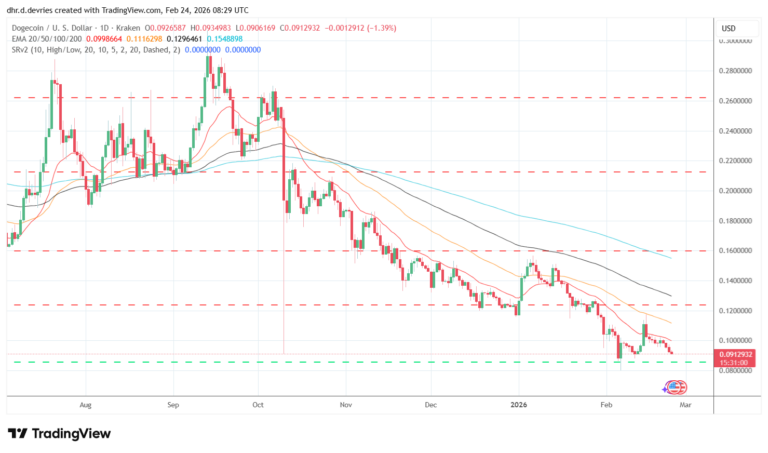
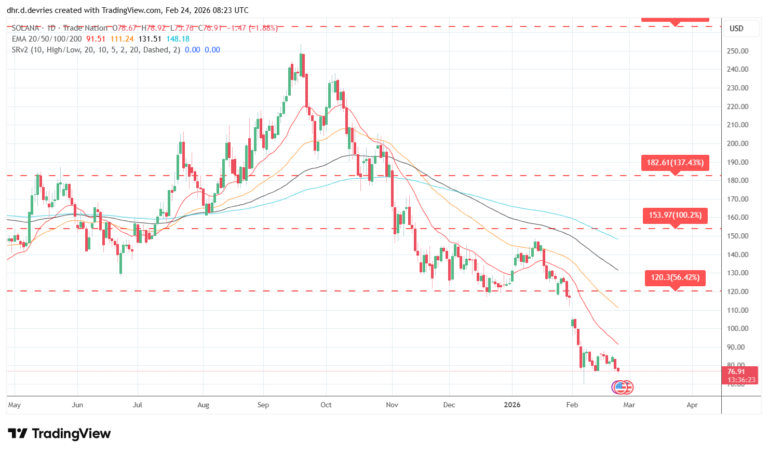
Solana (SOL) Kursprognose: Wöchentliche Analyse 24. Februar 2026


